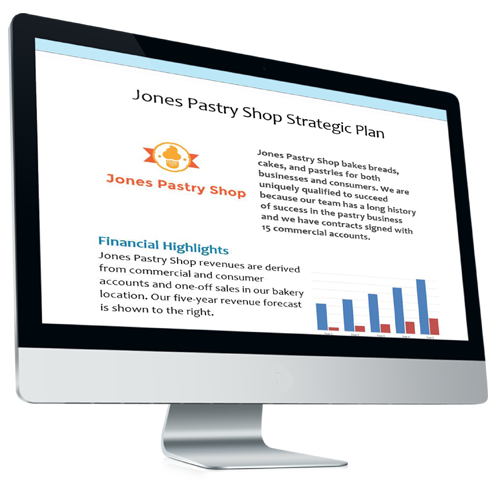Generally I would not use the word “wisdom” and the name of legendary/infamous boxer “Mike Tyson” in the same sentence, but in this case I think it’s deserved. Because his quote “everybody’s got plans… until they get hit” is really important.
I’m probably stating the obvious, but to make sure we’re all on the same page, here’s what Tyson means: every boxer has a game plan when he (or she) goes into the ring. By the time he enters the ring, the boxer has analyzed his competitor and trained repeatedly in order to attack the competitor’s weaknesses and protect himself against their strengths.
But, in the heat of the battle, when you “get hit,” things quickly change. Your gut instincts trump your well laid plans, and anything goes.
Importantly, the same holds true in business. While I strongly support creating a business plan, things will NEVER go exactly as planned. And the key to your success is how you react when YOU “get hit.”
What will you and your business do when you don’t get the funding you expected? Or when a key employee leaves? Or when your number one customer goes elsewhere? Or when the economy tanks?
I have found that the entrepreneurs and companies that respond best to “getting hit” are the ones that employ mission statements.
What are mission statements? Mission statements explain what your business is trying to achieve. For example:
- Amazon.com’s mission is to be Earth’s most customer-centric company where people can find and discover anything they want to buy online..
- Since 1901, Nordstrom’s mission has been to “offer the customer the best possible service, selection, quality and value.”
Why do mission statements matter? For internal (e.g., employees) and external (investors, partners, customers) audiences, your mission can inspire and get them excited to be part of what your company is doing.
And, importantly, for internal decision-making, mission statements help as key decisions should be made with regards to how well they help your company progress in achieving its mission.
So, when your company hits a rut, rather than completely scrambling, you need to ask yourself what you should be doing to achieve your mission.
Your mission statement keeps you grounded. It helps you make strategic versus opportunistic decisions. Opportunistic decisions are ones that may bring in short-term revenues, but often guide you off course (these opportunities are often the “bright shiny objects” that distract entrepreneurs). On the other hand, strategic decisions are those that drive the company closer to achieving its stated mission.
When your company “gets hit,” go back to your mission statement. Decide what has to be done to allow your company to achieve its mission. It is true when they say there are “many ways to skin a cat” or many different ways of doing the same thing. So, find new ways to achieve your mission.
If you can’t raise funding, how else could you achieve your mission? Could you get another company to joint venture with you and provide cash and other resources?
If a key employee leaves, can you get them to still work on weekends? Could you find other human resources? Could you outsource parts of their job to a few others?
If you lose a key customer, can you find other customers? Can you identify why you lost the customer, and improve your product/service so you get that customer back along with many more?
If you have your mission statement set, and everyone in your organization knows it well, then you and your team will constantly make the right decisions towards achieving your company’s goals. And even when you and your company “get hit,” you’ll get right back up, and move forward towards success without skipping a beat.



